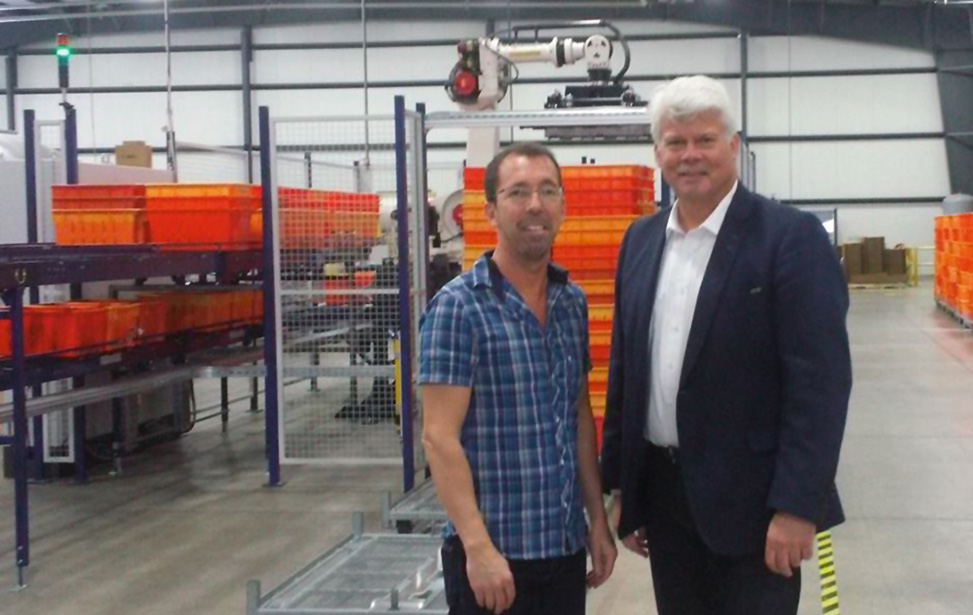#BelgorodFarmers #GreenhouseVegetableFarming #SustainableAgriculture #NoviceFarmers #FoodSecurity #EconomicGrowth
Learn how novice farmers in Belgorod are embracing the potential of greenhouse vegetable farming, optimizing their practices for sustainable and efficient production. Explore the development of this innovative agricultural approach and its consequences for the local community and economy.
Belgorod, a region known for its fertile soil and rich agricultural heritage, has witnessed a surge of interest among novice farmers in the emerging field of greenhouse vegetable farming. This innovative agricultural practice involves cultivating vegetables within controlled environments, such as greenhouses or polytunnels, to optimize growth conditions and maximize yields.
In recent years, the benefits of greenhouse vegetable farming have become increasingly evident, leading to a growing trend among farmers in Belgorod. The controlled environment allows for precise regulation of temperature, humidity, light, and nutrient levels, providing optimal conditions for plant growth throughout the year. This approach minimizes the impact of unpredictable weather conditions and extends the growing season, enabling farmers to produce high-quality vegetables even in harsh climates.
Novice farmers in Belgorod have been quick to recognize the potential of greenhouse vegetable farming and have embraced this method as a way to secure their livelihoods and contribute to the local food supply. By investing in modern greenhouse infrastructure and adopting advanced cultivation techniques, these farmers are striving to optimize their production and achieve sustainable farming practices.
The development of greenhouse vegetable farming in Belgorod has had several positive consequences for both the farmers and the wider community. Firstly, the controlled environment allows for increased crop productivity, enabling farmers to grow more vegetables in a smaller area compared to traditional open-field farming. This not only boosts their profitability but also contributes to food security by ensuring a steady supply of fresh produce.
Furthermore, greenhouse vegetable farming requires fewer pesticides and fertilizers compared to conventional farming methods. The controlled environment helps minimize pest infestations and disease outbreaks, reducing the need for chemical interventions. This environmentally friendly approach promotes sustainable agriculture and helps protect the region’s natural resources.
The growth of greenhouse vegetable farming has also created new employment opportunities in Belgorod. The establishment of modern greenhouse facilities has generated jobs in various sectors, including construction, technology, and plant cultivation. This development contributes to the local economy, stimulates economic growth, and attracts investments in the agricultural sector.
The rise of greenhouse vegetable farming among novice farmers in Belgorod represents a significant shift in agricultural practices. This innovative approach offers numerous benefits, including increased productivity, reduced environmental impact, and economic growth. As more farmers recognize the potential of greenhouse vegetable farming, Belgorod is poised to become a hub for sustainable and efficient food production.









